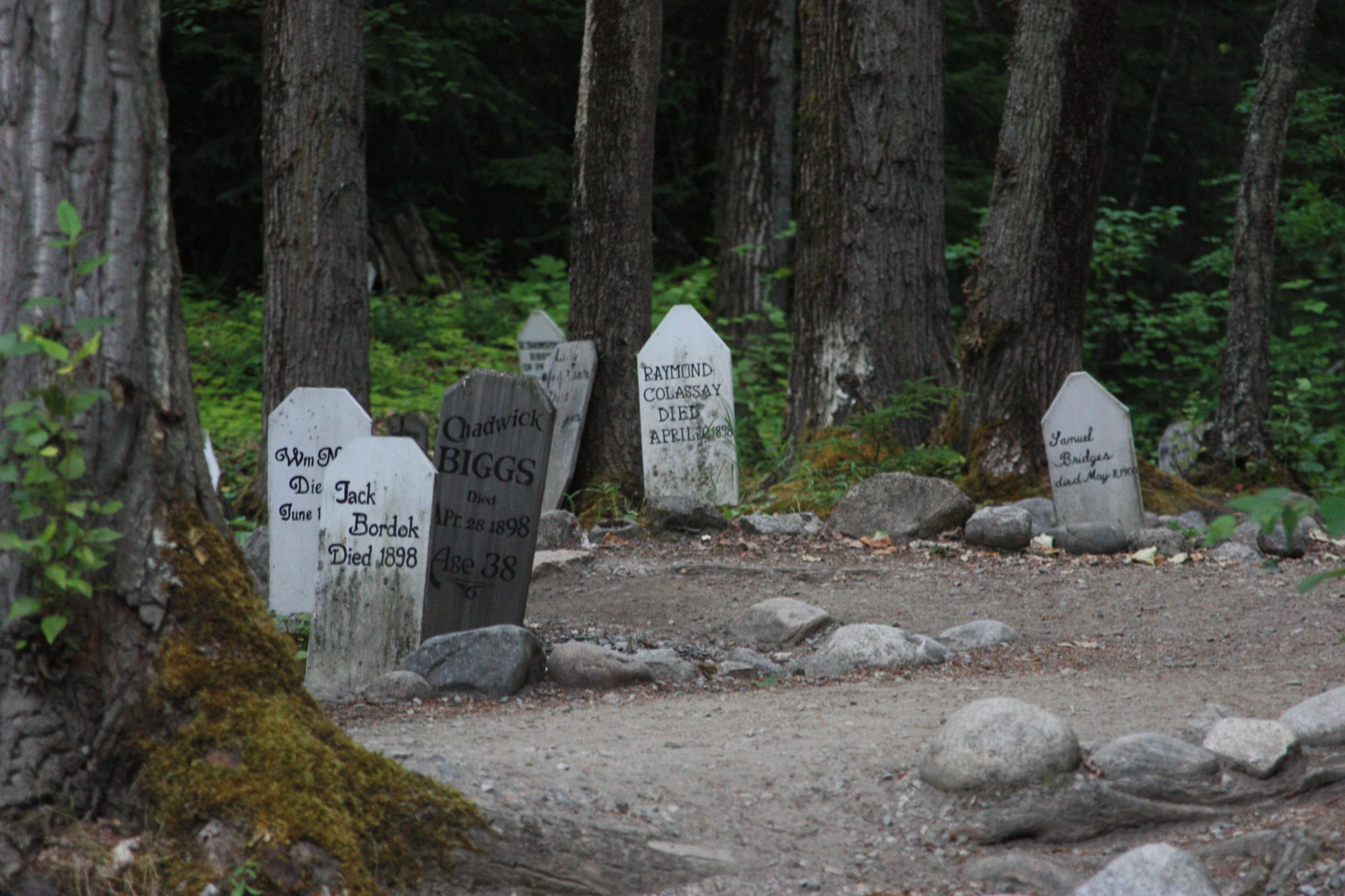
On June 6, 1900 the U.S. Congress passed the Alaska Penal Code which provided for a tax to be collected on certain trades and businesses in Alaska. This tax was to fund local governments in the territory. Mr. Wynn-Johnson represented the Moore Wharf (seen above) which of course preceded the law. He decided to ignore the new law which required a license for the wharf. He was then arrested in 1902 by Marshal Shoup. Wynn-Johnson refused to post bail and instead sued the Marshal and the U.S. Government saying that his incarceration was unconstitutional based on the fact that the license and taxes were also unconstitutional. His reasoning was that the U.S. Government did not impose such taxes anywhere else and that Alaska was singled out. Further that such tax and license laws in Alaska were in place already. Section 8 article 1 of the U.S.Constitution reads:
“The Congress shall have power to lay and collect taxes, duties, imposts and excises, to pay the debts and pay for the common defense and general welfare of the United States; but all duties, imposts and excises, shall be uniform throughout the United States.”
In 1904 the U.S. Supreme court ruled that the law was legal and that 1/2 of the money collected from licenses and taxes would go to local schools. The remainder would go into the U.S. Treasury.
Presumably Wynn-Johnson did alright because he then sold his house and moved to the Alkali Ranch in British Columbia.
The lawyer that represented him, George C. Heard, died not long after, on June 6, 1906 in Skagway. Below is the link to the legel language of the law, if anyone cares to interpret it better than I have, please be my guest!
http://books.google.com/books?id=o-IKAAAAYAAJ&pg=PA630&lpg=PA630&dq=%22c.+e.+wynn-johnson%22&source=bl&ots=TFxiKyfyUP&sig=OsYthY1Ah9RaHjHkrkV0f6Wq_hA&hl=en&sa=X&ei=jo8pT8WCCZTXiQKR2qXHCg&sqi=2&ved=0CEMQ6AEwAw#v=onepage&q=%22c.%20e.%20wynn-johnson%22&f=false

